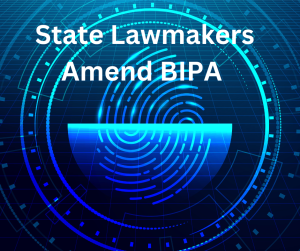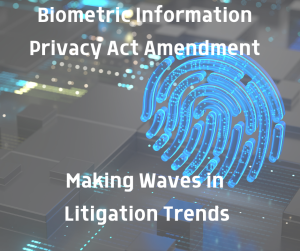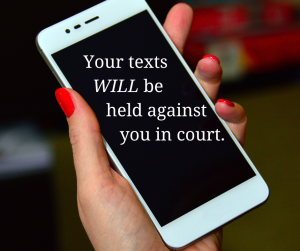
Lawmakers Amend BIPA
When a class action lawsuit against the fast food chain White Castle teed up what could have been a $17 billion dollar verdict the Illinois Supreme Court decided to “respectfully suggest” that the state legislature revisit and clarify certain provisions of the Biometric Information Privacy Act (BIPA) of 2008.
That act, as originally written, held that employers who did not obtain employees’ permission when using their fingerprints or other biometric information like face scans in the course of their jobs—or who overlooked the same step if collecting similar information from customers—would be on the hook for $1,000 per “negligent” violation or $5,000 per “reckless” or “intentional” violation. For example, if a fingerprint ID system was used to sign in/out at work, each sign-in and each sign-in was a separate violation which could cost the employer $1,000 each time an employee signed in or signed out.
 Chicago Business Attorney Blog
Chicago Business Attorney Blog




